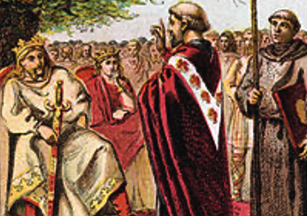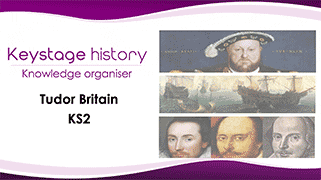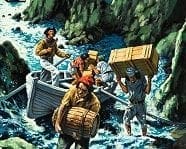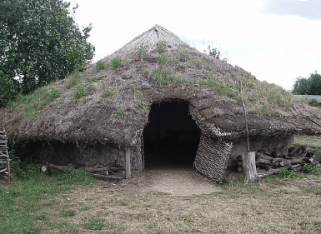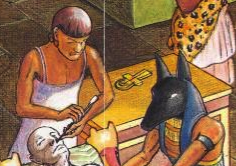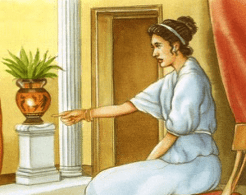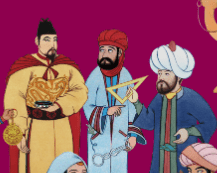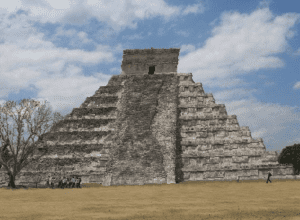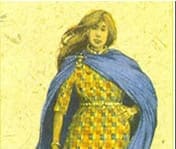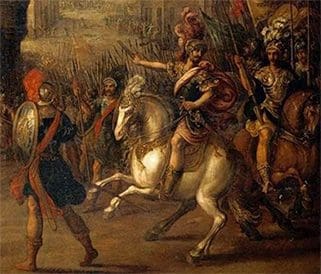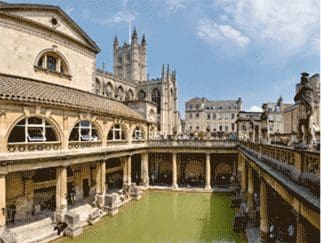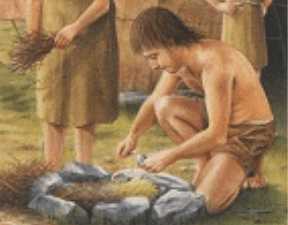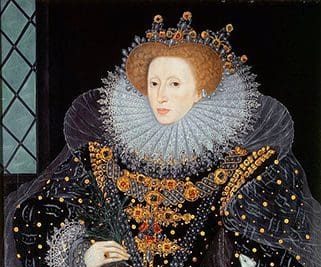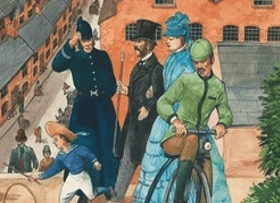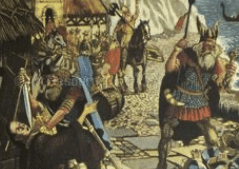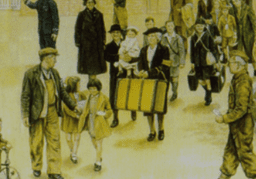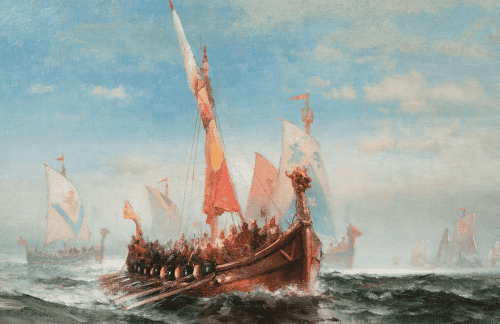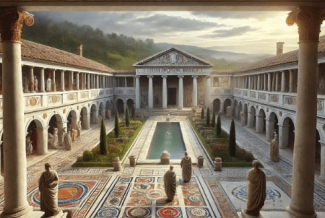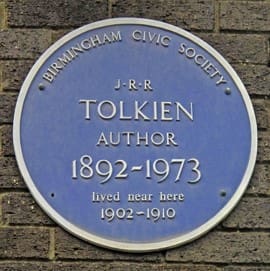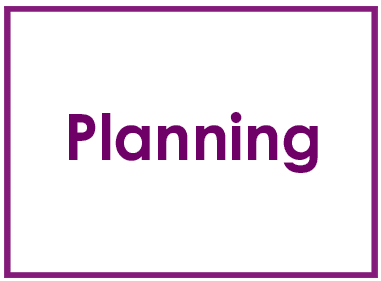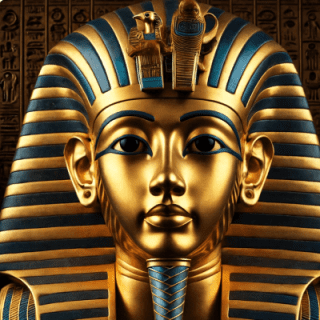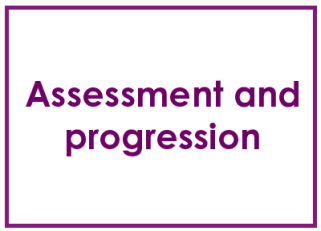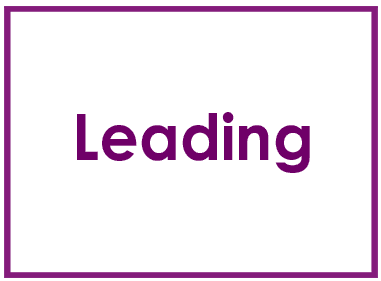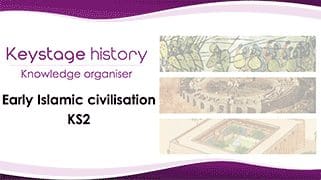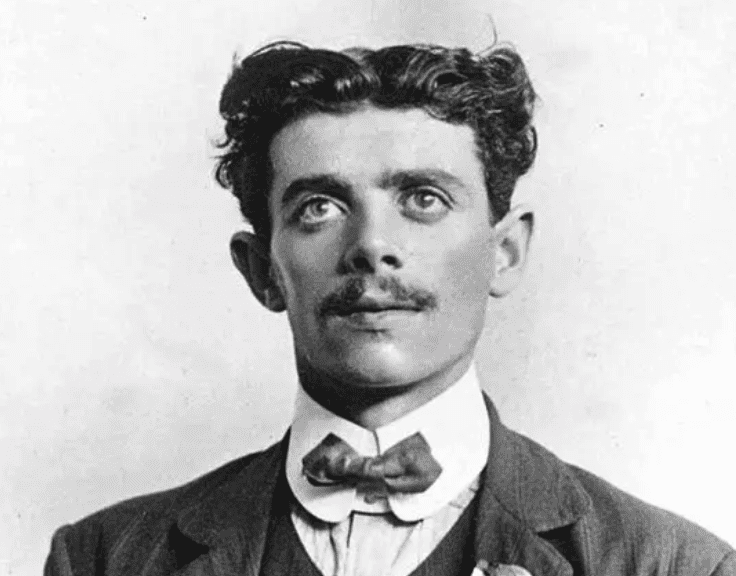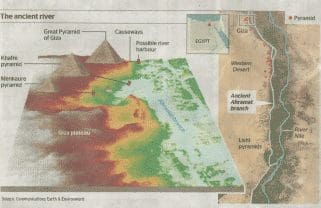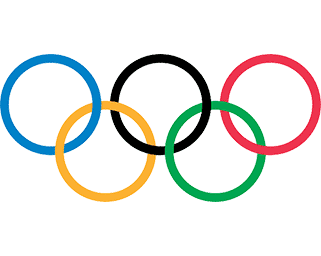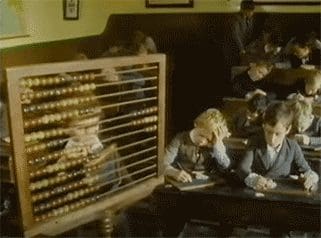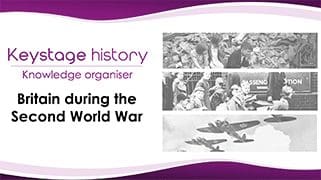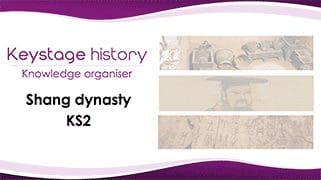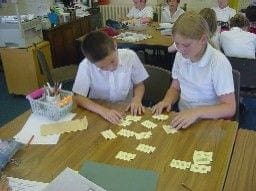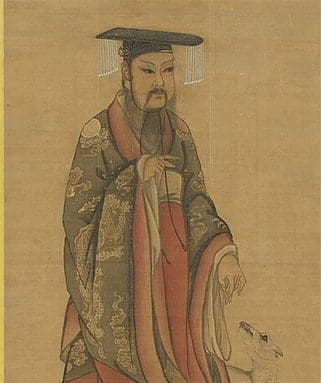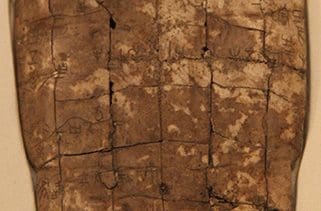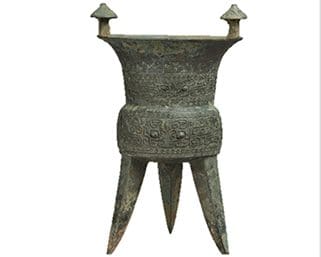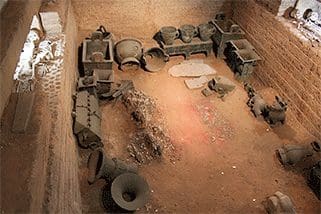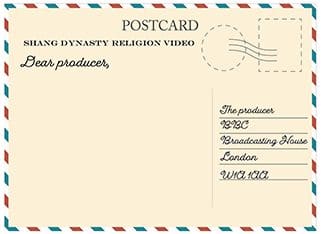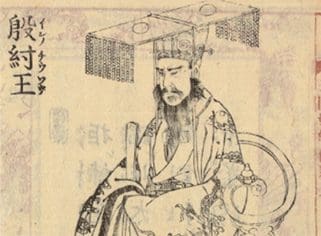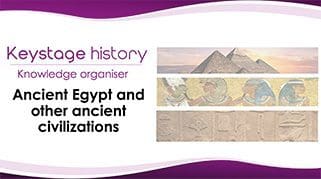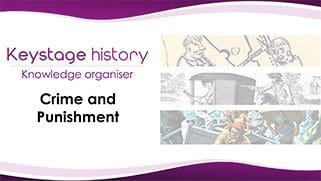Teaching history at Key stage 2 (KS2)
Anglo-Saxon end of unit quiz
The Anglo-Saxons were people who came from parts of modern-day Germany, Denmark, and the Netherlands to settle in Britain after…
Read MoreTudor Britain knowledge organiser – KS2
You are learning about the Tudors as it was a period of history that helped to shape the Britain we…
Read MoreLatest historian’s wisdom on “Alfred the Great. How great was he?” in 2025
Source: Historical Association (membership required) Francis Leneghan is Professor of Old English at the University of Oxford. In this article…
Read MoreNew guidelines for 21st century history
In a recently-published study by the Council of Europe entitled “Quality history in the 21st century” a number of key…
Read MoreCrime and punishment – assessment task
This task is provisional and adopts a different approach to the assessment task on the site you might have tried…
Read MoreReview of 2025 Historical Association survey
In addition to reading the OFSTED Lead Inspectors’ reports which are available online one of the ways of getting a…
Read MoreStone Age to Iron Age – assessment task
Very short diagnostic assessment in which pupils are the teachers. They have to correct a pupil’s description of the Bronze…
Read MoreAncient Egypt – assessment task – The afterlife
Key Elements: ideas, attitudes and beliefs This assessment tasks focuses on a single picture. Pupils are asked how the image…
Read MoreAncient Greece – assessment task – Life for women in Ancient Greece
This is a Year 6 task which focuses on Key Element 2a : characteristic features of life for men women…
Read MoreAnglo-Saxons – assessment task – What were the main changes that took place in Anglo-Saxon England?
Focus: significance and change Using 3 images to help you, what were the most important changes that took place in…
Read MoreEarly Islamic Civilisation – assessment task – Why was life in 10th century Baghdad was so significant
Using two contrasting illustrations to help them, pupils have to explain why life in 10th century Baghdad was so significant….
Read MoreMayan civilisation – assessment task – What can we tell about Mayan society 1,000 years ago?
Focus skill/concept: Understanding characteristic period features and cultural diversity Using 3 images pupils are set the task to explain what…
Read MoreRoman Britain – assessment task – interpretations of Boudicca
Focus: interpretations Another Year 4 task in which pupils have to compare two unseen illustrations from books about Boudicca. Having…
Read MoreRoman Britain – assessment task – Why did the Romans invade?
Focus: causation Short written explanation or, for some, the completion of two speech bubbles. What did the Romans / Claudius…
Read MoreRoman Britain – assessment task – Roman legacy
Assessing pupils’ understanding of the legacy of the Roman Empire on life in Britain This task is designed to elicit…
Read MoreStone Age to Iron Age – assessment task – changes from Stone Age to Iron Age
Focus: sequencing This Y3/4 task is highly visual and entails simple sequencing of unseen images followed by reason why changes…
Read MoreTudor Britain – assessment task – What can we learn about the way Elizabeth ruled the country from portraits
Focus: evaluation of sources Children work on an unseen portrait after the teacher has read out the caption which explains…
Read MoreVictorian Britain – assessment task – How do we know this picture shows Victorian Britain?
Pupils are given artist’s impression of a typical Victorian scene which they have never seen before. They have to identify…
Read MoreVikings – assessment task – Depictions of the Vikings
Focus: historical interpretation After looking at similarity and difference between two depictions of the Vikings, pupils then offer reasons why…
Read MoreWW2 – Assessment task – How do we know that this picture shows England at the beginning of the Second World War?
Focus: characteristic features of life for men, women and children Once again based on a very detailed and colourful artists’…
Read MoreUsing story in your history teaching at KS2 – 10 top tips
I’ve just finished watching one of the more powerful of the Historical Association’s podcasts on the subject of story telling…
Read More10 step guide to strengthening your history teaching
1. Ensure all topics are linked and logically sequenced At the planning stage make sure all topics are carefully linked…
Read MoreVikings – end of unit quiz – KS2
You’ve learned all about the amazing Viking world – from their brave voyages across the seas to their fascinating way…
Read MoreRoman Britain – End of unit quiz – KS2
Congratulations on reaching the end of our Roman Britain unit! You’ve learned so much about how the Romans changed Britain,…
Read MoreStrengths and weaknesses of 10 different approaches to local history at KS1 and 2
1. A general history of the community Advantages Can build a sense of place enhancing pupils’ awareness of how the…
Read MoreSequencing your KS2 history topics: are you doing it right?
Is there a right order for sequencing KS2 topics? Let’s start with a reality check. No research exists to show…
Read MoreStone Age to Iron Age end of unit Quiz – KS2
Now that you have completed your study of the Stone Age to Iron Age, it is time to assess your…
Read MoreAncient Egypt – end of unit quiz
Congratulations on completing your unit on Ancient Egypt! Now that you’ve explored this incredible ancient civilization, it’s time to put…
Read MoreWhat should I be doing?
OFSTED’s recent report ( 2023) highlighted the following 5 key messages about assessment in primary history. Over the next few…
Read MoreGetting your priorities right at the start of the year – KS2
September is always a good time to think through what you should be doing as history leader now that you’ve…
Read MoreEarly Islamic civilisation knowledge organiser – KS2
You are studying this topic so that you realise that a thousand years ago Baghdad was the largest city in…
Read MoreKeeping your teaching of Stonehenge up-to-date
Just when you thought you knew all there was to teach about Stonehenge suddenly a major discovery turns much of…
Read More9 highly effective retrieval activities that really help history to stick ..and show real historical understanding too!
To prevent retrieval activities simply resembling a random fact pub quiz consider using the following , which I’m sure many…
Read More8 retrieval tasks that really work in history
This list is by no means exhaustive nor is it linked to just one key stage. You can think of…
Read MoreIdeas for assemblies on the Olympics: Dorando’s story
At both KS1 and KS2 it would be good to focus on one individual and see the extent to which…
Read MoreAncient Egypt – SMART task – Puzzle corner: Mystery of the pyramids in the desert
This thinking skills task has been designed to encourage pupils to work out plausible answers to the puzzling question, one…
Read MoreThe mystery of why the pyramids were built in the desert is finally solved
Many of you teaching Ancient Egypt in depth as part of a broader topic on ancient civilizations will , no…
Read MoreTeaching Olympic games in 2024
Are you planning to teach about the Olympic games which are coming to Paris in July 2024? If so you…
Read MoreClosing the circle: making sure you have an exciting, ‘fit for purpose’ learning product in your KS1 and 2 history topics
I have often thought that we don’t always invest as much time in considering the final product of a unit’s…
Read MoreBritain during the Second World War knowledge organiser – KS2
In this topic you will learn why Britain went to war and was threatened with invasion by Hitler’s Germany during…
Read MoreShang dynasty knowledge organiser – KS2
You are studying the Shang dynasty because it was the first Chinese civilization in ancient times and one for which…
Read MoreHistory as problem solving
Pupils solve problems when they study mathematics. They solve problems in science lessons. So why not in history? Perhaps it’s…
Read MoreShang dynasty – KQ1 – Why do YOU think the Shang dynasty MIGHT be important?
Lively introductory session which creatively gets pupils to find things out for themselves and check their understanding using bells and…
Read MoreShang dynasty – KQ2 – How different was the Shang society to other civilizations at the time?
Using the expert/envoy technique to research and disseminate information from dossiers on a range of different aspects of Shang society,…
Read MoreShang dynasty – KQ3 – What can we tell about the Shang dynasty from the objects that have survived?
Here the focus is on developing enquiry-led learning which is as much about asking valid historical questions as it is…
Read MoreShang dynasty – KQ4 – Why has our understanding of the Shang dynasty changed so much in the last 100 years?
Opening up the tricky concept of interpretations of the past, this session enables pupils to grasp that history is always…
Read MoreShang dynasty – KQ5 – What was distinctive about the Shang people’s beliefs?
Having used a fast-paced Information Run activity to acquire the key points about Shang religion pupils are set the task…
Read MoreShang dynasty – KQ6 – If the Shang dynasty was so well organised why did come to an end after just 600 years and what makes it so special for people today?
Pupils compare 5 different simple textbook explanations, which they colour code, before building their own explanation, based on what seems…
Read MoreAncient Egypt and other ancient civilisations knowledge organiser – KS2
You are learning about ancient Egypt, because it is the best known and most popular of the early civilisations that…
Read MoreCrime and punishment knowledge organiser – KS2
You are studying this topic in history because it helps you to understand how things have changed,(and have stayed roughly…
Read More
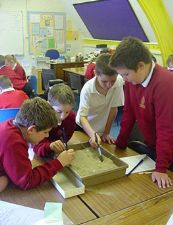 Welcome to the section for teaching history at KS2 where you will find masses of advice on how to make history both fun and satisfyingly challenging. You will be helped to design and plan an exciting primary history curriculum and taking into account the difficult areas of assessment and progression and mindful of the new focus on curriculum within OFSTED’s framework.
Welcome to the section for teaching history at KS2 where you will find masses of advice on how to make history both fun and satisfyingly challenging. You will be helped to design and plan an exciting primary history curriculum and taking into account the difficult areas of assessment and progression and mindful of the new focus on curriculum within OFSTED’s framework.